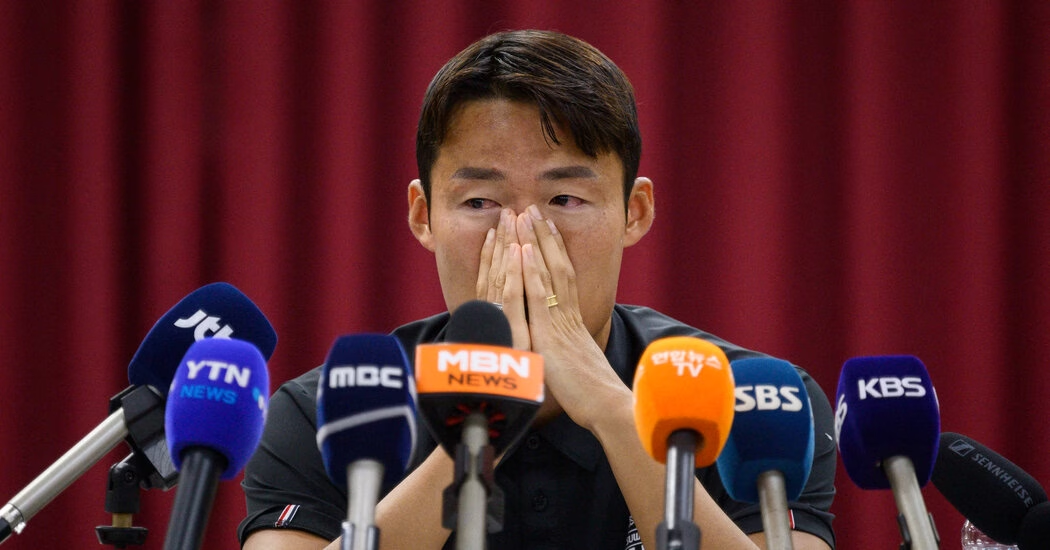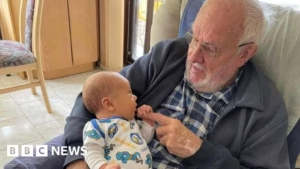In 2023, South Korean soccer player Son Jun-ho, a pivotal midfielder for South Korea’s World Cup team, inked a deal with a Chinese club, symbolizing China’s aspirations to dominate soccer globally. However, a dramatic twist occurred two years later when Chinese authorities arrested him on allegations of bribery and match-fixing, turning him into an emblem of China’s legal system’s merciless efficiency.
Despite Son’s professed innocence and requests for legal representation, the Chinese police, through a Korean translator, dismissed these asks and resorted to intimidation tactics, including threats against his family. Faced with relentless pressure, Son eventually confessed, a decision he would later regret, admitting it was taken under fear without a full understanding of the ramifications. This confession was part of China’s plea leniency system, a legal instrument aimed at expediting judicial processes but criticized for undermining the rights of the accused by amplifying prosecutorial influence.
China’s crackdown on corruption, spearheaded by President Xi Jinping, intensified the use of this plea system across various sectors, from government and military to finance and sports. Despite the system’s intention to streamline the judicial process, critics argue it has led to coerced confessions and unfair trials.
Son’s case provided a glimpse into the system’s workings, particularly how initial confessions are leveraged to build cases against others. The broader context of his detention was part of a nationwide anti-corruption campaign in soccer, with numerous officials and players, including the former president of the Chinese Football Association, facing severe penalties.
The lack of transparency surrounding the investigations and the coercive nature of Son’s confession raised concerns about the fairness of the system and its implications for other individuals accused of crimes. With Son’s plea deal tainting the investigation process and potentially influencing the outcome of other related cases, the fairness of China’s judicial system remains a point of contention. As the debate continues, Son’s case underscores the broader issues of coercion and incorporation within China’s plea leniency system.
Source: https://www.nytimes.com/2025/03/03/world/asia/china-leniency-justice.html





